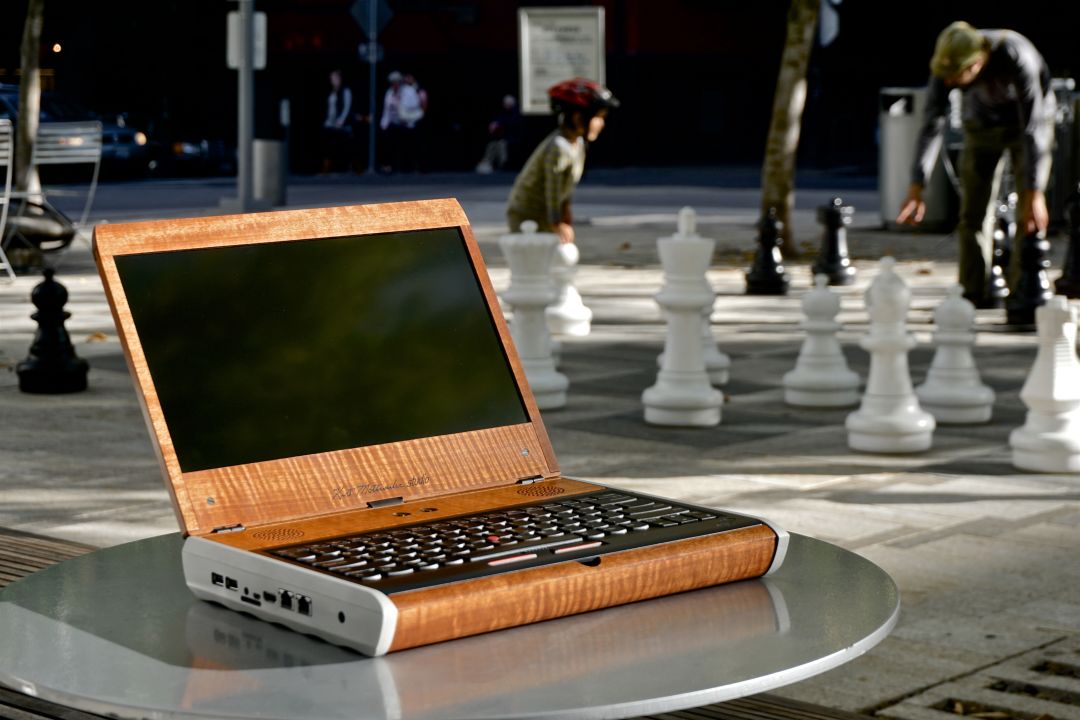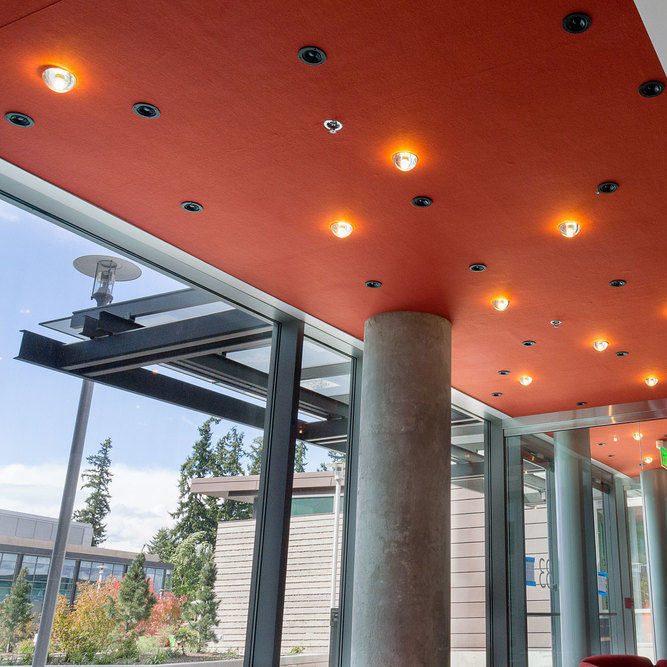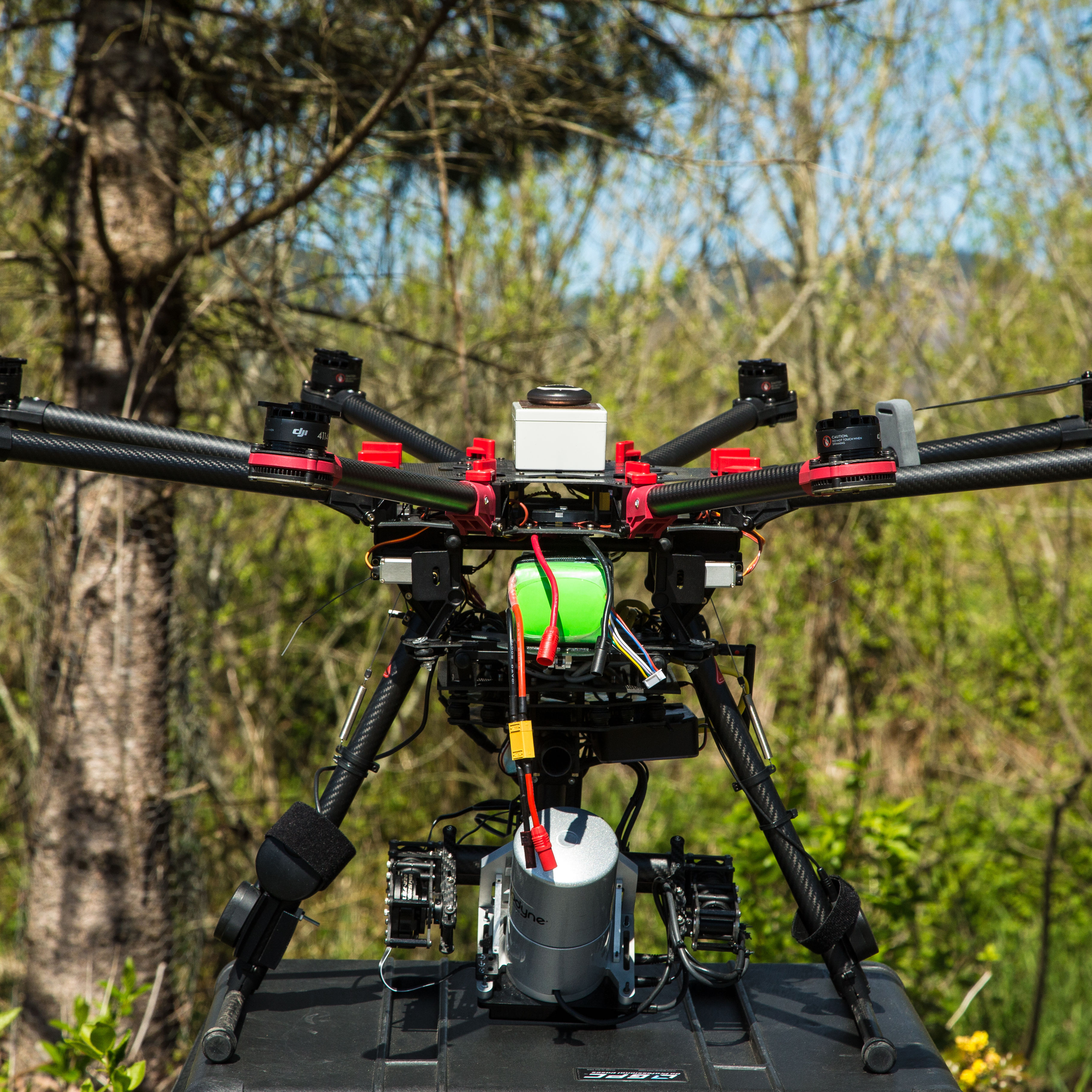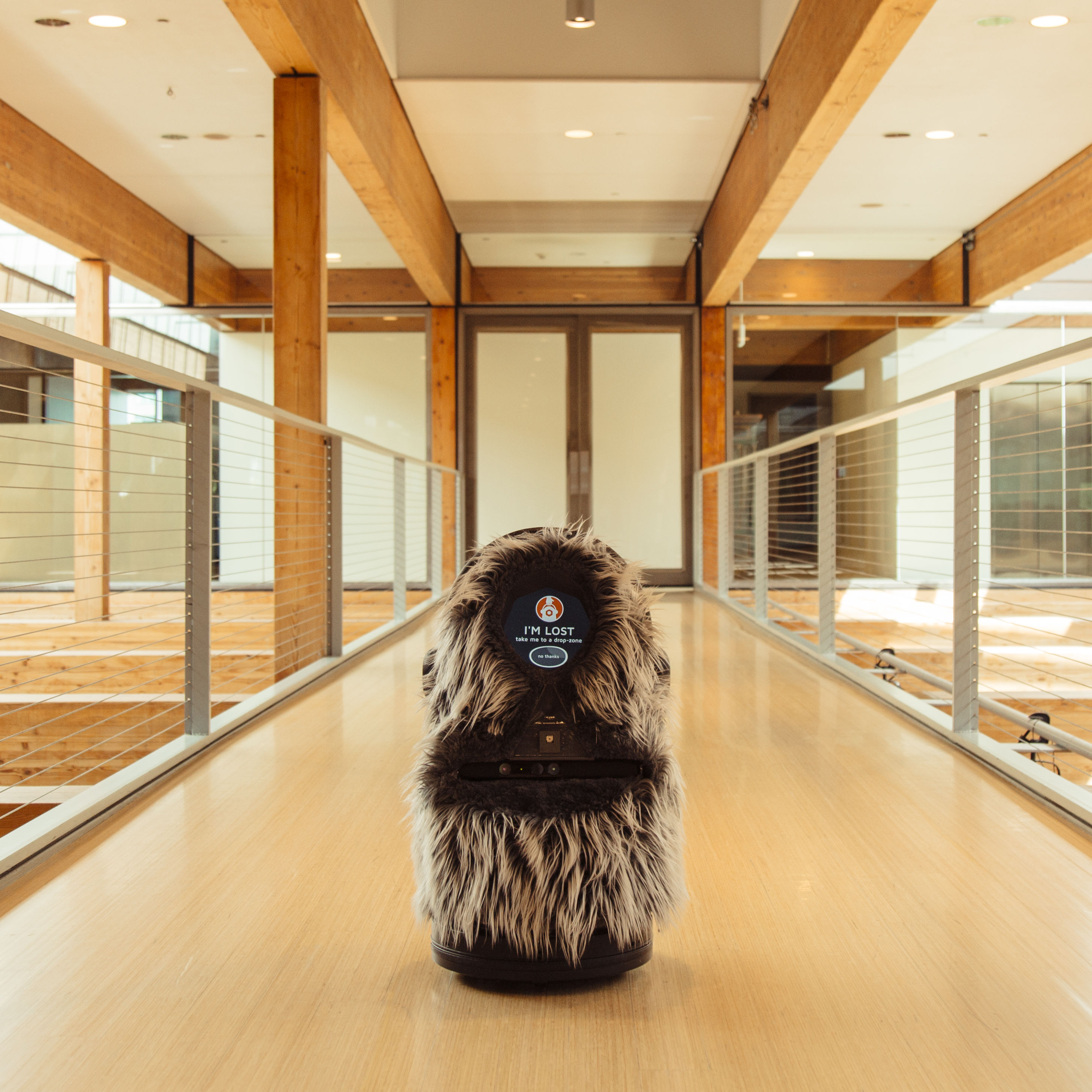The Luxury, Handmade, Limited-Edition Open-Source Laptop That Could Outlive You

Image: Courtesy Kurt Mottweiler
"It sure is thick.”
That, Portland designer Kurt Mottweiler says, is what he hears most often about the Novena Heirloom laptop, his wood-encased, custom-built computer. It’s true—Mottweiler’s burly construction, almost two inches thick, could crush a MacBook Air. “But what that comment fails to understand,” he says, “is one of the fundamental elements of the computer. This is a hacker’s computer. It’s for serious geeks.”
Like, serious geeks. Novena, a computing platform created by Singapore-based developers Andrew Huang and Sean Cross, relies on open-source hardware design—freely available for anyone to read, use, and alter. A Novena computer is designed for hackers to open up, take apart, tinker with, and update as hardware and software evolve. (Huang and Cross were motivated in part by security: open-source software tends to be resistant to NSA-style surveillance.)
Most versions look like the slightly clunky, rough-around-the-edges, home-brewed technology they are. Mottweiler’s Novena Heirloom looks like a detached component of a luxury car, all polished hardwoods and delicately machined aluminum details.
Huang and Cross allied with Mottweiler two years ago, when they wanted to create a high-end version of the Novena as a reward for especially generous donors to their crowdfunding campaign. A longtime craftsman of analog cameras, Mottweiler delights in uniting modern electronics with retro aesthetics and materiality. For this project, the 61-year-old was inspired by the midcentury work of iconic industrial designer Dieter Rams. The laptop’s round speaker grills, for example, evoke those of ’70s Braun clock radios. The combination of aluminum and wood—Mottweiler used four different species—is another nod to Rams.
In his Sullivan’s Gulch studio, as his African gray parrot, Zane, squawks for attention, Mottweiler lovingly points out other, easier-to-miss details: the bits of traditional joinery, the unusual magnets, the jewelry box–style hinges—$50 apiece, he says.
That helps explain the sticker price of $5,000, compared to roughly $2,000 for the regular Novena laptop. So who throws down that kind of cash? One buyer was a German who insisted the laptop go from Mottweiler’s hands to Huang’s to his. Paranoia? Not necessarily, Mottweiler says: “These are the people, more than anyone except Edward Snowden, who know what may be possible.”











